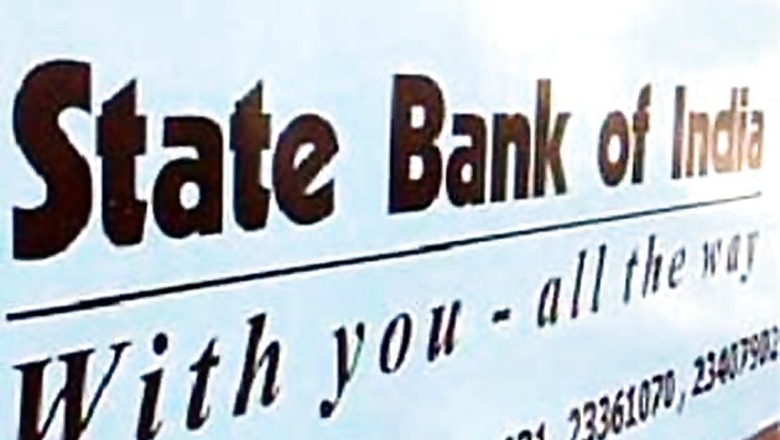
views
Mumbai: Country's largest lender SBI, which has Rs 4,000-crore exposure to coal mines, on Tuesday said that the banking system is unlikely to take a hard knock even if the Supreme Court cancels all the 218 coal blocks allocated between 1993 and 2010. Various reports have pegged the collective exposure of banks to these coal blocks and related industries at a whopping Rs 4 trillion. The apex court on Tuesday reserved its verdict in the case.
The state-run lender also disputed the numbers and said it has only around Rs 4,000 crore at risk if all these 218 blocks, whose allocation has been termed illegal and arbitrary by the apex court, are cancelled. "I have strong reservations about the numbers floating in the media. For SBI, the exposure is only around Rs 4,000 crore, most of which are lent to power units which have fuel linkages with the affected coal blocks.
"The economics of these things will change to some extent but not drastically so much that the entire amount has to be written off," SBI Chairperson Arundhati Bhattacharya said in an interview as she completes a year at the helm of India's largest lender.
However, she did not specify how much is the exposure of banks to the affected coal mines. She, however, said it is much lower than what is being reported. Bhattacharya also underlined the need for the media to cross-check the numbers and think about the impact on the country as a whole.
"Even if these blocks get de-allocated that does not mean the companies will not get coal. It will mean that coal that they use will be a little more expensive. So their margins may shrink. That is all that it means. It doesn't mean that my Rs 4,000 crore has gone down the drain," she explained, asserting there won't be massive write-downs.
"The other thing is that if you close down all these coal blocks automatically, production will go down and we will have to import more coal. We are already dependent to the extent of 85 per cent on imported energy. So for a nation which is so highly dependent on imported energy, this would definitely make a difference.
"Again as I said it is not the end of the world and we will see ourselves go through this. I am sure the court will take the right decision," Bhattacharya said. About the possible impact of an adverse verdict on the asset quality, which is already under stress, she said "it depends on which are the groups that are getting impacted. If they are small units then yes definitely their margins will go down appreciably. But if they are the big groups, then they should be able to see themselves through."

















Comments
0 comment